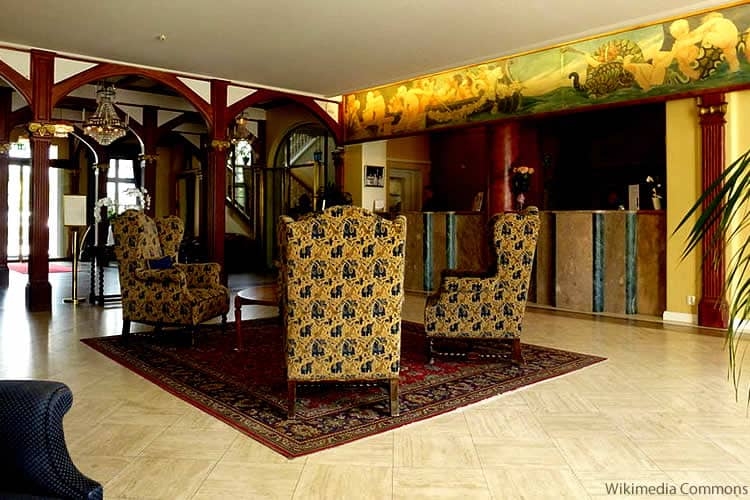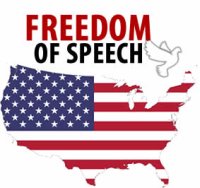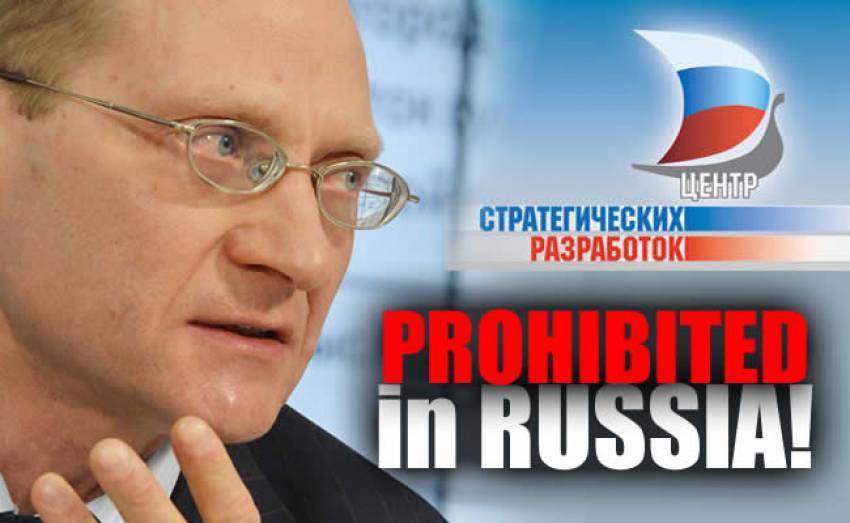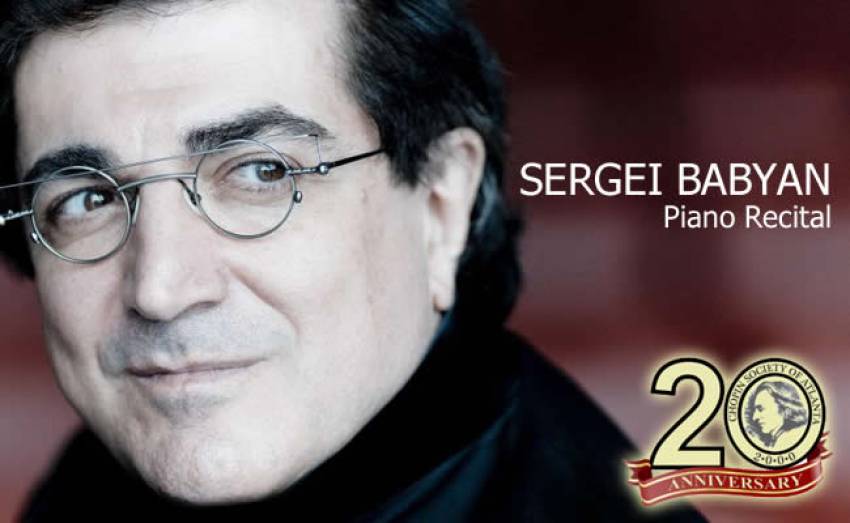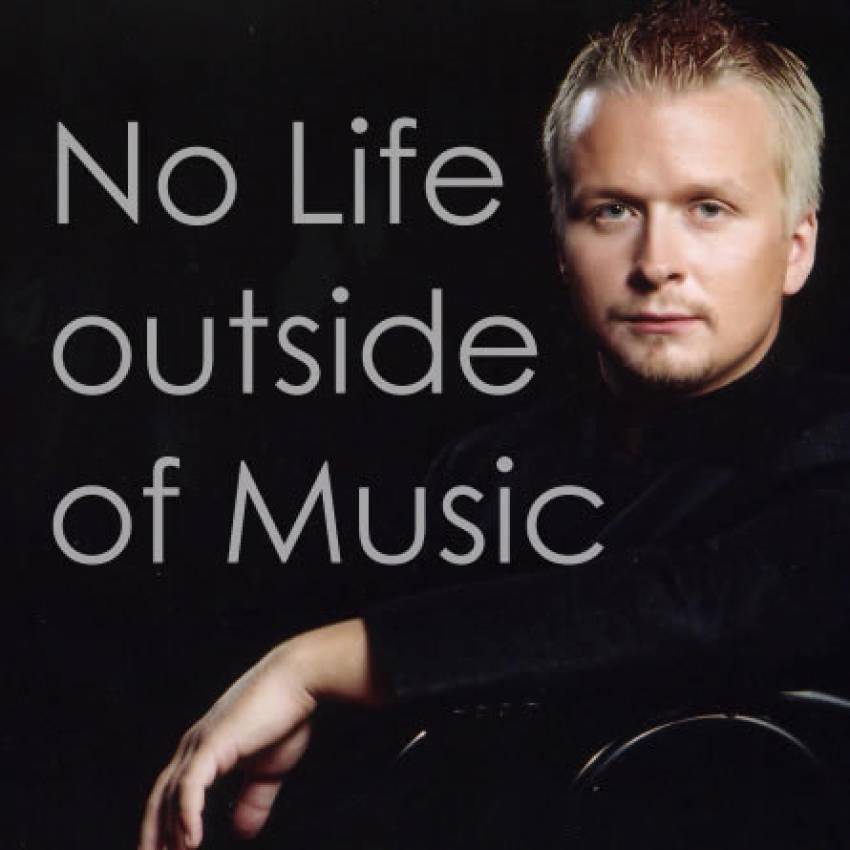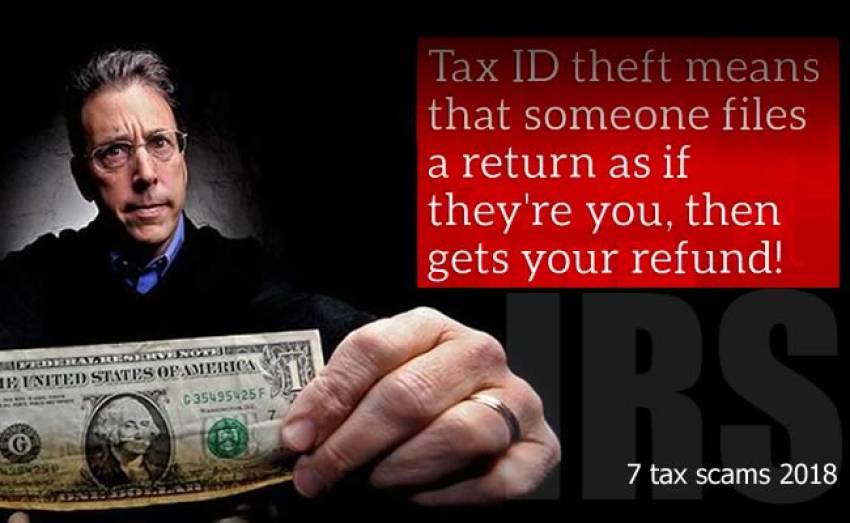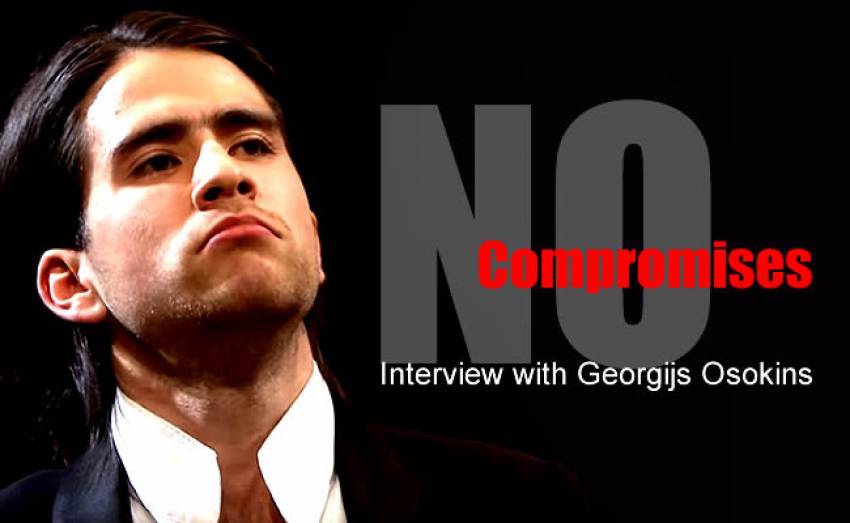After meeting Mikhail Khodorkovsky in the first office of the newly created registered company "MENATEP" (more precisely, the Center for Intersectoral Scientific and Technical Programs), it became clear to me what he was talking about. Mikhail Gorbachev opened up opportunities for activities of any scale. Which is what we actually did. The opening of banks under the control of "MENATEP" created a gigantic financial instrument on the path of further development and implementation of any economic and industrial projects. It became clear that
BANKS RULE THE WORLD
This is not a pompous phrase, but a reality. With a banking instrument in hand, everything becomes possible if you develop the cash flows of the instrument on the required scale, which is what the banking system is intended for. By the time the USSR collapsed, the MENATEP financial group included more than one and a half thousand independent banks. In Soviet times, banks could not buy the means of production, that is, enterprises. Then we negotiated with enterprises to receive loans from our banks using the enterprise as collateral. Thus, factories and plants flowed into the ownership of MENATEP.
In 1998, Russia killed almost all free banks by default and expropriated their property. A few years later, Putin finished off the freedom of the Russian financial and production market, subordinating the country to his whims.
But there is a free world beyond the Russian fence. And the development processes of many economies in this world began with BANKS, which, according to history, subsequently influenced and influence the lives of countries and continents. I would like to convey a number of such stories to readers. And I will begin, perhaps, with the amazing life story of the Wallenberg family from Sweden.
The first mention of the Wallenbergs is associated with Per Hansson (1670–1741), who married Kerstin Jacobsdotter Schuut (1671–1752) in 1692. Jakob Persson Wallberg (1699–1758), the son of Per and Kerstin, was married twice, and the children from each of these marriages bore the surname Wallenberg. Jakob Persson Wallenberg was the great-grandfather of André Oscar Wallenberg, who in 1856 created the predecessor of the modern Swedish bank Skandinaviska Enskilda Banken, Stockholms Enskilda Bank.
Grand Hotel Saltsjöbaden, built by the Wallenberg family in 1890, Creative Commons Attribution-Share Alike 3.0
The Wallenberg family is one of the most influential families in Sweden, known for owning a significant number of prominent bankers, industrialists, politicians, statesmen and diplomats. The Wallenberg family owns shares in the bank Skandinaviska Enskilda Banken and in the largest manufacturing companies in Sweden, such as Ericsson, Electrolux, Saab, ABB, SAS Group, SKF, AIK, Atlas Copco, etc.
In the seventies of the last century, about forty percent of the Swedish workforce worked in enterprises controlled by the Wallenberg family, and the capitalization of the enterprises amounted to about forty percent of the Stockholm Stock Exchange. And all the growth of this family's influence on the economy and politics in Sweden began with the first bank Skandinaviska Enskilda Banken, opened in 1856. In the twentieth century, the Swedish government prohibited banks from acquiring businesses, and the Wallenberg family found a simple way out. An investment fund was created that, using the family's bank money, legally bought up businesses, giving them a new lease on life and developing them.
What are the secrets of the Wallenberg family's success? Here are some of the main reasons for their wealth:
— Discipline within the family clan.
The main family assets are managed by several family members. Those who do not understand investments are not allowed to manage. The Wallenberg clan acts as a single consolidated succession system. Children are raised in family traditions, study at the best universities, and complete internships at large banks and companies.
— Protestant ethics.
Hard work, responsibility, thrift, and avoidance of conflicts.
— Tax evasion and collective ownership.
The Wallenberg family's main fortune is not concentrated in individual ownership, but in charitable foundations that combine charitable activities and ownership of key securities. This ownership structure creates a collective responsibility for the Wallenberg family, and the foundations, being charitable, are not subject to taxes.
The family's initial capital was obtained through land speculation. But then the Wallenbergs engaged in long-term investments and have been doing so for 180 years! How do you like such an investment period?
The Wallenbergs were actively involved in the economic and political life of Sweden. They also had extensive international connections. In difficult times, the Wallenbergs turned to French and British banks for help: “Morgan & Cie”, “Banque de Paris”, “Credit Lyonnais”, “Hambros Bank”, “Lazard Brothers”. The Wallenbergs’ ties with J.P. Morgan are especially important. There was even a conflict in the family about this.
In the 1960s, Marc Wallenberg entered into interaction with David Rockefeller. He planned to establish a partnership between the major banks of their dynasties. However, on the day when the agreement was to be officially announced, Marcus Wallenberg, Marc’s father, forced his son to break the deal with Rockefeller, as he considered ties with J.P. Morgan to be a higher priority.
The Wallenberg family’s large capital is the result of a serious long-term investment approach. They were able to build a succession of prudent capital management. They act as a single entity and independently manage their property. This is a lot of work and a serious systematic approach to their family, raising children and capital.
The most famous member of the Wallenberg family is Raoul Wallenberg, a famous Swedish diplomat who saved a large number of Jews from the Holocaust. During his diplomatic mission in Hungary from July to December 1944, Raoul Wallenberg issued Swedish passports to Jews, thereby saving the lives of tens of thousands of people.
To this day, Raoul Wallenberg is called the Righteous Among the Nations, who saved Jews in Budapest, Hungary.
In March 1944, the Germans occupied Hungary and in May began deporting Jews to Auschwitz. Between mid-May and July, about 435,000 Hungarian Jews were deported; by the time the deportations ended, only about 200,000 Jews remained in Budapest. Shortly after the German invasion, Swedish diplomatic representatives in Budapest began a rescue operation. Swedish Foreign Minister Ivar Danielsson offered to issue temporary Swedish passports to Hungarian Jews who had any relatives among Swedish citizens. In July, on the advice of the World Jewish Congress and with the support of Roosevelt’s War Refugee Board, the Swedish Foreign Ministry sent Wallenberg to Budapest to carry out the passport operation. The deportations were suspended in the summer of 1944, but they resumed with renewed vigor in October. The Arrow Cross Party had come to power, putting the Jewish community in further danger. At this point, Wallenberg also stepped up his efforts. Over the next three months, he issued thousands of the impressive-looking “protective passports.” When Adolf Eichmann ordered a "death march" of Budapest Jews to the Austrian border, Wallenberg would follow the column in his car, snatch up Jews with passports, and take them back to Budapest. He would even take passport holders off trains ready to be taken to Auschwitz. Wallenberg also saved Jews from the Arrow Cross regime by setting up special hostels as shelters. Other diplomatic missions also set up their own shelters in what became known as the "international ghetto." Around 600 Jewish staff assisted Wallenberg in this operation, which included food supplies, medical care, and sanitation for the rescued Jews.
The Soviet army entered Budapest on January 16, 1945. Pest, where the ghetto proper and the "international ghetto" were located, was liberated first. Wallenberg attempted to negotiate with the Soviet command to ensure that the liberated Jews would be looked after. However, the Russians suspected Wallenberg and other Swedish diplomats in Budapest of spying for Germany. Wallenberg arrived at army headquarters in Debrecen, relying on his diplomatic immunity. The next day, he returned to Budapest accompanied by two Soviet soldiers. He was heard saying, "I don't know whether I am a guest of the Soviets or a prisoner." Wallenberg then disappeared without a trace. Several years after Wallenberg's disappearance, the Soviet authorities claimed to have no knowledge of his whereabouts. However, German prisoners of war who returned from the Soviet Union swore that they had seen Wallenberg in prison. After Stalin's death, the Soviet government claimed that Wallenberg had indeed been arrested but had died in a Soviet prison in 1947. But Wallenberg's family did not believe this story, as there were reports from Soviet prisoners who claimed to have seen Wallenberg alive at later dates. There is still no definitive proof of his death. The Wallenberg family, represented by Marie Dupuis Raoul's niece, is still suing the Russian FSB for the Lubyanka and Lefortovo archives, which contain the truth about Raoul Wallenberg's life and death in Soviet prisons.
Films were made about Wallenberg, streets were named after him, the United States awarded him the title of honorary citizen, and the Israeli national memorial Yad Vashem recognized him as Righteous Among the Nations.
Arthur Girnsburg
FREEDOM OF SPEECH





